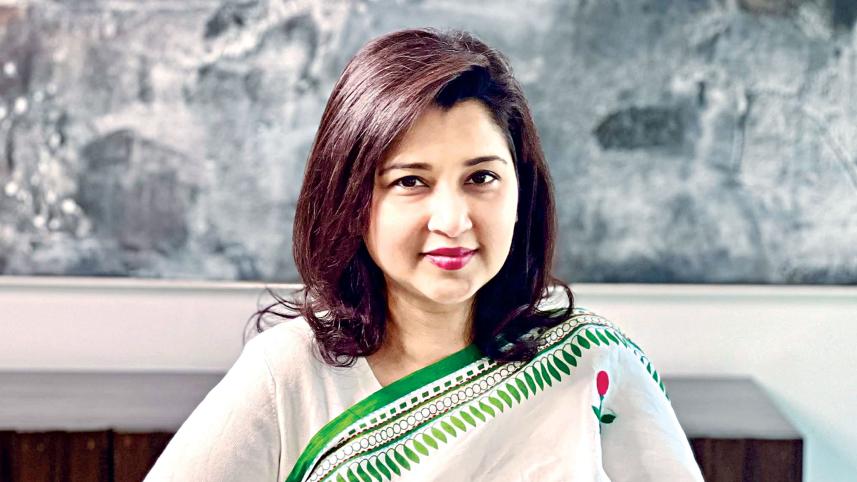Building women leadership in boardrooms

Bangladesh has raised the proportion of women on boards to nearly one in five seats, ahead of South Asia. Yet only 6 percent of independent directors are women. The task now is to build a credible pipeline of qualified women for oversight roles that protect accountability and market trust. The Bangladesh Securities and Exchange Commission (BSEC) has extended to December 2025 the deadline for appointing at least one female independent director. Deadlines alone do not create leaders; pipelines do.
Recent Dhaka Stock Exchange data show women hold 6 percent of independent director seats, up from 5 percent in 2024, and 19 percent of overall board seats, compared with South Asia's 13 percent. Globally, women occupy about 20 percent of board seats. The EU targets 40 percent by 2026, and the US is nearing 30 percent. Without a stronger talent pool, Bangladesh risks losing ground. In banking, the pipeline narrows from 19 percent at the entry level to 6 percent as independent directors. This is less a failure of talent than of structure, visibility and opportunity.
Governance is not a box-ticking exercise. It underpins credibility and long-term value. Strong boards attract investment, manage risk and endure.
The Institute of Chartered Accountants of Bangladesh (ICAB) has about 150 female members, some already serving on boards, who bring financial expertise, ethics and risk management aligned to fiduciary duties.
"Female chartered accountants bring financial acumen and integrity to the boardroom. To unlock their potential as independent directors, ICAB must focus on structured orientation and strategic onboarding," said Suraiya Zannath, vice-president, ICAB.
"ICAB is committed to building a sustainable pipeline of women leaders. This is not just about inclusion; it is about better governance and stronger markets," said NKA Mobin, president, ICAB.
Boards also benefit from leaders in law, banking, business, academia and civil society. There are already role models. BRAC Bank has been a pioneer, with leaders such as Farzanah Chowdhury, managing director and CEO of Green Delta Insurance, who served as its corporate leader and is now its independent director. Senior ICAB women can mentor cross-sector candidates and position ICAB as a hub for practical governance capacity building.
To translate mandate into momentum, ICAB and its partners should: maintain a directory of board-ready women chartered accountants; collaborate with IFC, BSEC, DSE, BICM, FRC, universities and global institutes on hands-on training; deploy experienced ICAB women directors as mentors; and convene forums connecting women professionals with nomination committees. Collaboration with the Institute of Chartered Secretaries of Bangladesh (ICSB) can fuse financial and governance strengths. I was trained by IFC on corporate governance and board readiness, a programme ICAB can adapt at scale.
"Independent directors must bring objective oversight, protect stakeholder interests and strengthen governance through diverse perspectives and strategic challenges. The focus now is on building a sustainable pipeline and working with professional bodies to ensure that skilled, qualified individuals are ready to serve," said Lopa Rahman, ESG Officer - Advisory Services, IFC South Asia.
"Strong governance depends on transparent reporting and credible oversight. Women independent directors can play a vital role in reinforcing accountability, and the FRC stands ready to work with professional bodies to bring more of them into boardrooms," said Md Sajjad Hossain Bhuiyan, chairman, FRC.
The BSEC extension should be a catalyst, not a formality. Expanding training, mentoring, and networks can make appointments strengthen competitiveness rather than just compliance. As Sheryl Sandberg wrote in Lean In: "In the future, there will be no female leaders. There will just be leaders." With a robust pipeline, that future is within reach, and Bangladesh can show that good governance and gender diversity go hand in hand.
The writer is a partner at Snehasish Mahmud & Co., Chartered Accountants, and a council member at the Institute of Chartered Accountants of Bangladesh



 For all latest news, follow The Daily Star's Google News channel.
For all latest news, follow The Daily Star's Google News channel.